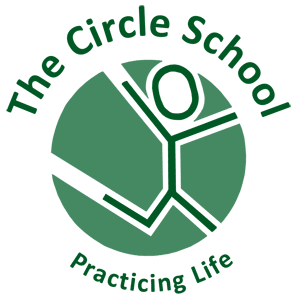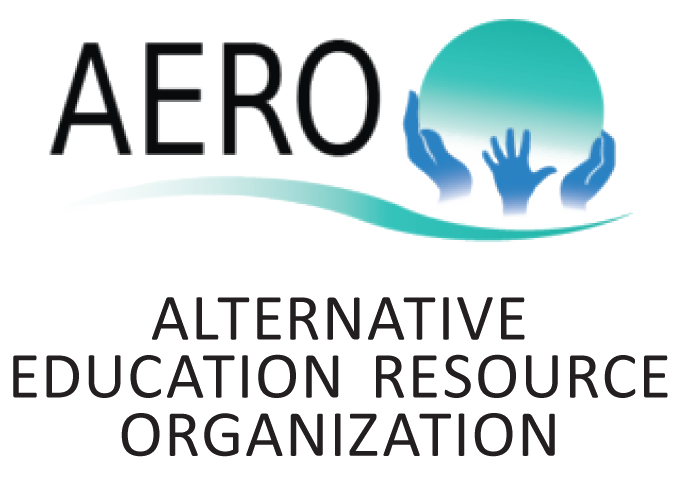Just as modern education builds on traditional education, integral education transcends and includes modern education, incorporating traditional and modern methods, and adding its own new methods.
 Integral education recognizes that each child’s developmental path is unique, and embraces multiple intelligences — cognitive, moral, creative, logical, and kinesthetic, to name a few. In addition to such traditional methods as rote memorization, and modern methods such as guided discovery, integral education includes new methods of teaching and learning. Notable innovations include:
Integral education recognizes that each child’s developmental path is unique, and embraces multiple intelligences — cognitive, moral, creative, logical, and kinesthetic, to name a few. In addition to such traditional methods as rote memorization, and modern methods such as guided discovery, integral education includes new methods of teaching and learning. Notable innovations include:
- Integrated curriculum. Self-selected and self-directed “whole” activities, rather than subjects isolated for out-of-context study, leading to high motivation and retention of learning.
- Multiple lines of development. Children freely seek and find stimulation along multiple self-selected lines of development—cognitive, moral, ego, logical/mathematical, spatial, empathy, musical, time sense, etc.
- Near-stage transmission. Age-mixing and free society foster high-efficiency exchanges between cultural partners at slightly different stages of growth. Both partners gain.
- Self-balanced development. Self-direction in a broad range of activities and social possibilities appears to facilitate development that is balanced across lines.
- Functional apprenticeship. A novice and an adept pair up. The novice gains knowledge, skill, and pleasure. The adept deepens mastery, gains a worthy colleague, and rises in social standing and self-esteem.
- Meta-message learning. The system is the message, conveying values of democracy, individual initiative, free enterprise, free society, and personal responsibility.
Integral schools value the personal autonomy of each individual, and serve as a place where children can develop as, and practice being, independent and effective members of society. The methods of traditional and modern education are available to students, as are new methods, and methods of learning that have previously existed primarily outside of school environments. In integral education, school is life, and alignment between school and family, school and society, and even within school, is improved.

